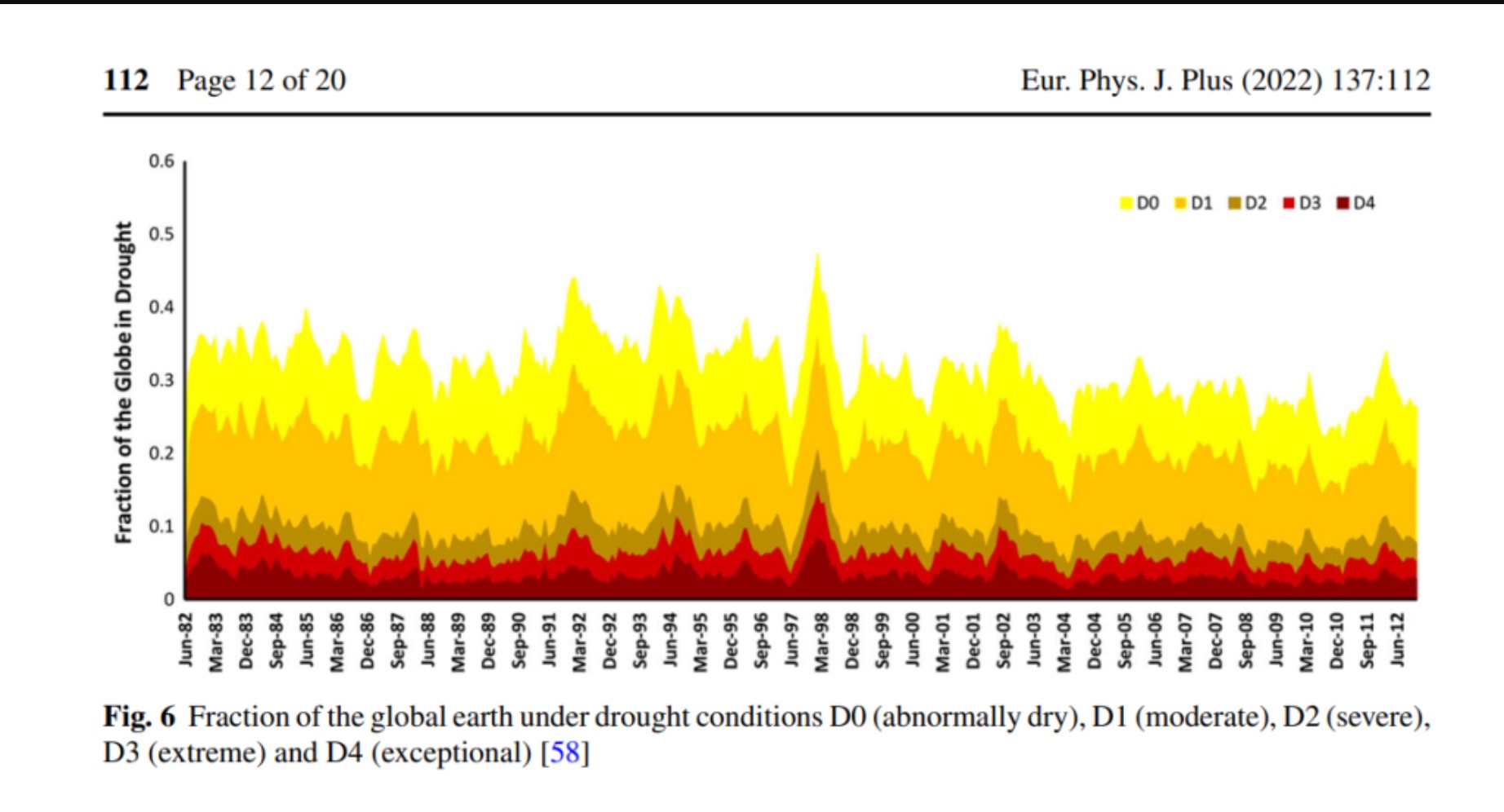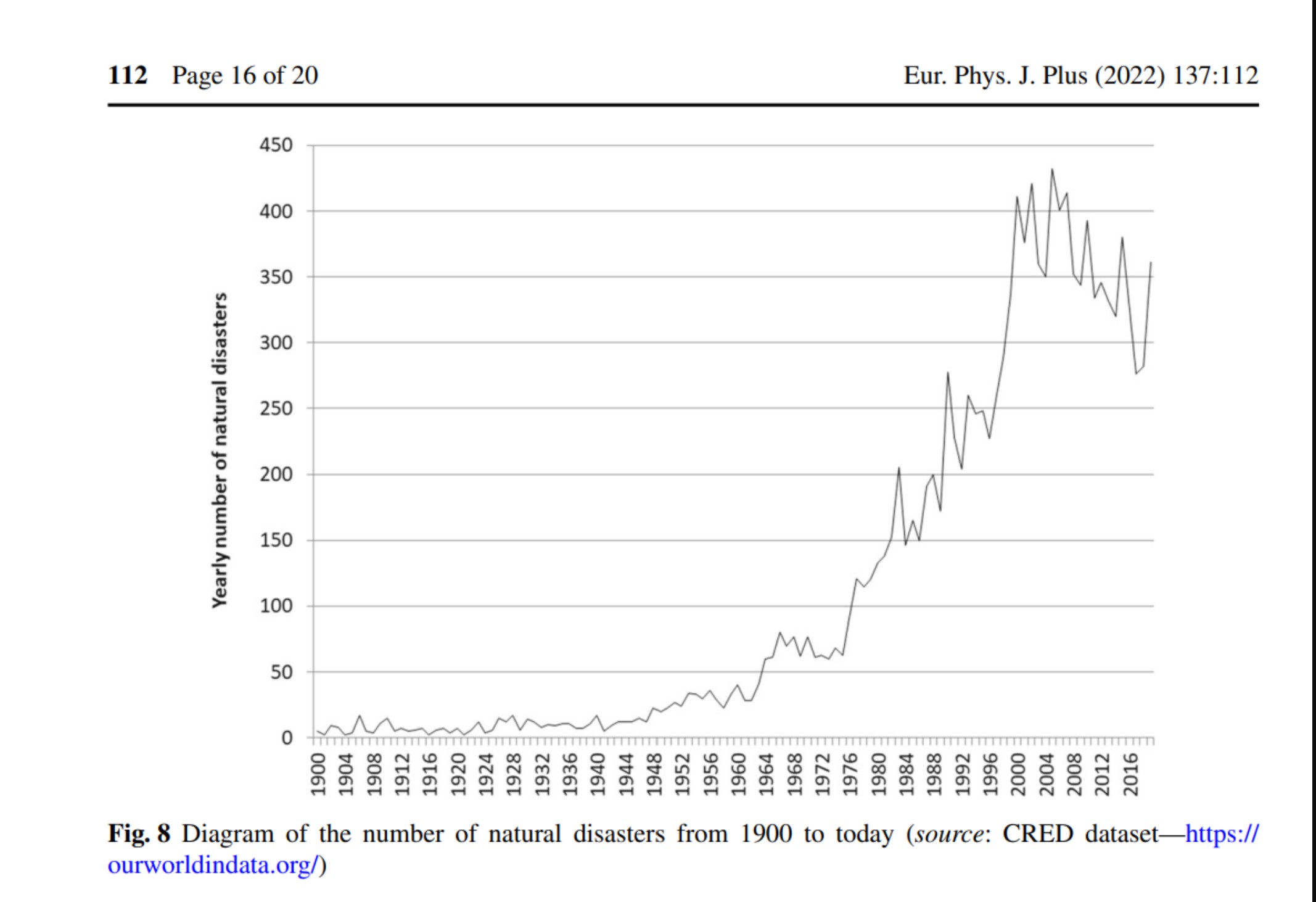President Joe Biden in his visit to Florida to survey the wreckage from Hurricane Idalia seized upon the moment to attempt to tie the national disaster to “climate change.”
“I also convened my entire cabinet as part of a whole of government response, and that response is to increase the number and intensity of the extreme weather events and be wary,” he said. “We’re going to be, use all the resources available to the government to do it.”
Biden either misread his notes or believes the government is controlling the weather. Either way, we move ahead in the statement.
“Nobody can deny the impact of climate crisis,” Biden claimed. “Nobody intelligent can deny the impact of a climate crisis anymore.”
This is a casual discrediting of anyone who might criticize the government’s response to fighting “climate change,” which is a fundamental aspect of nature.
“Just look around the nation and the world for that matter,” he continued. “Historic floods, intense droughts, extreme heat, deadly wildfires, wildfires that have caused serious damage like we’ve never seen before.”
“Just since being president in two and a half years, I’ve flown over more land, burned to the ground as a consequence of wildfires than occupy the state or the entire land of the state of Maryland from down in New Mexico and Alabama all up to Montana and around. It’s been devastating,” he added.
However, there is necessary context to framing Joe Biden’s remarks about such extreme weather events being unprecedented.
Firstly, peer-reviewed climate research shows that improved data and communications are leading to more reporting of natural disasters than at any point in modern history. Thus, even earthquakes are being reported more frequently in the past than hurricanes and tornadoes and other natural disaster phenomena that are impacted by climate.
In the journal European Physical Journal Plus, climate researchers refute that the marginal increase in global temperatures has been accompanied by an increase in major hurricanes.
“Historically, around 60% of all economic damages caused by disasters worldwide is the consequence of hurricanes in the USA [12], and more than 80% of this damage comes from major hurricanes,” the authors state. “It is therefore not surprising that hurricanes grab interest and attention. Due to their frightening destructive potential, it is also not surprising that hurricanes are a central element in the debate on climate change mitigation and adaptation policies.”
“To date, global observations do not show any significant trends in both the number and the energy accumulated by hurricanes, as shown in Fig. 1 and as claimed in several specific papers for the USA, which report the trend dating back to over 160 years ago, or for other regions of the globe,” the authors note.
“Therefore, after adjusting the time series to take into account the smaller observational capacities of the past, there remains only a small nominally positive upward trend of the tropical storms from 1878 to 2006,” the authors observe. “Statistical tests indicate that this trend is not significantly distinguishable from zero.”
 The study’s authors then note the lack of evidence that floods are increasing in magnitude, despite evidence of an overall increase in total precipitation.
The study’s authors then note the lack of evidence that floods are increasing in magnitude, despite evidence of an overall increase in total precipitation.
“About floods it can be said that although evidence of an increase in total annual precipitation is observed on a global level, corresponding evidence for increases in flooding remains elusive and a long list of studies shows little or no evidence of increased flood magnitudes, with some studies finding more evidence of decreases than increases,” the authors note.
“In conclusion, although evidence of an increase in total annual precipitation is observed on a global level, this does not translate into an increase in intensity or frequency of floods,” the authors add.
The researchers then turn to their attention to global reportage on droughts in the last half-century.
“The IPPC in its AR5 reports on page 44 that ‘conclusions regarding global drought trends increasing since the 1970s are no longer supported’ and several studies indeed show no increase in the main indices regarding global drought,” the study points out.


The authors then turn to natural disasters to investigate if those are posing an increased threat to mankind.


“Looking at natural disasters since 1900 shown in Fig. 8, a very small number can be observed since the middle of the last century, when a sudden growth begins which stops towards the end of the twentieth century to give way to a trend marked by a slight decrease,” the authors state.
“This trend is very strange: is it possible that natural disasters essentially appeared towards the middle of the twentieth century and that they showed such dramatic growth until the end of the century?” the authors ask. “It should also be noted that this trend is at first sight ‘consistent’ with the growth of the global temperature of the planet.”
Now, relevant to this discussion of climate change is the statistical fact that deaths from natural disasters have declined 99 percent from a century ago.
So, regardless of the various reasons for that fact, it is dubious that the world is confronted by the ‘existential danger’ of climate change.
Thus, President Joe Biden is turning a visit to survey the human wreckage from a devastating hurricane into a political speech. Everything the Biden administration does is political. Everything.
No wonder Florida Governor Ron DeSantis wanted nothing to do with Biden’s political photo-op.
NOW READ:
Swing State Election Official Says He is Not Allowed to Take Trump Off Ballot in 2024







